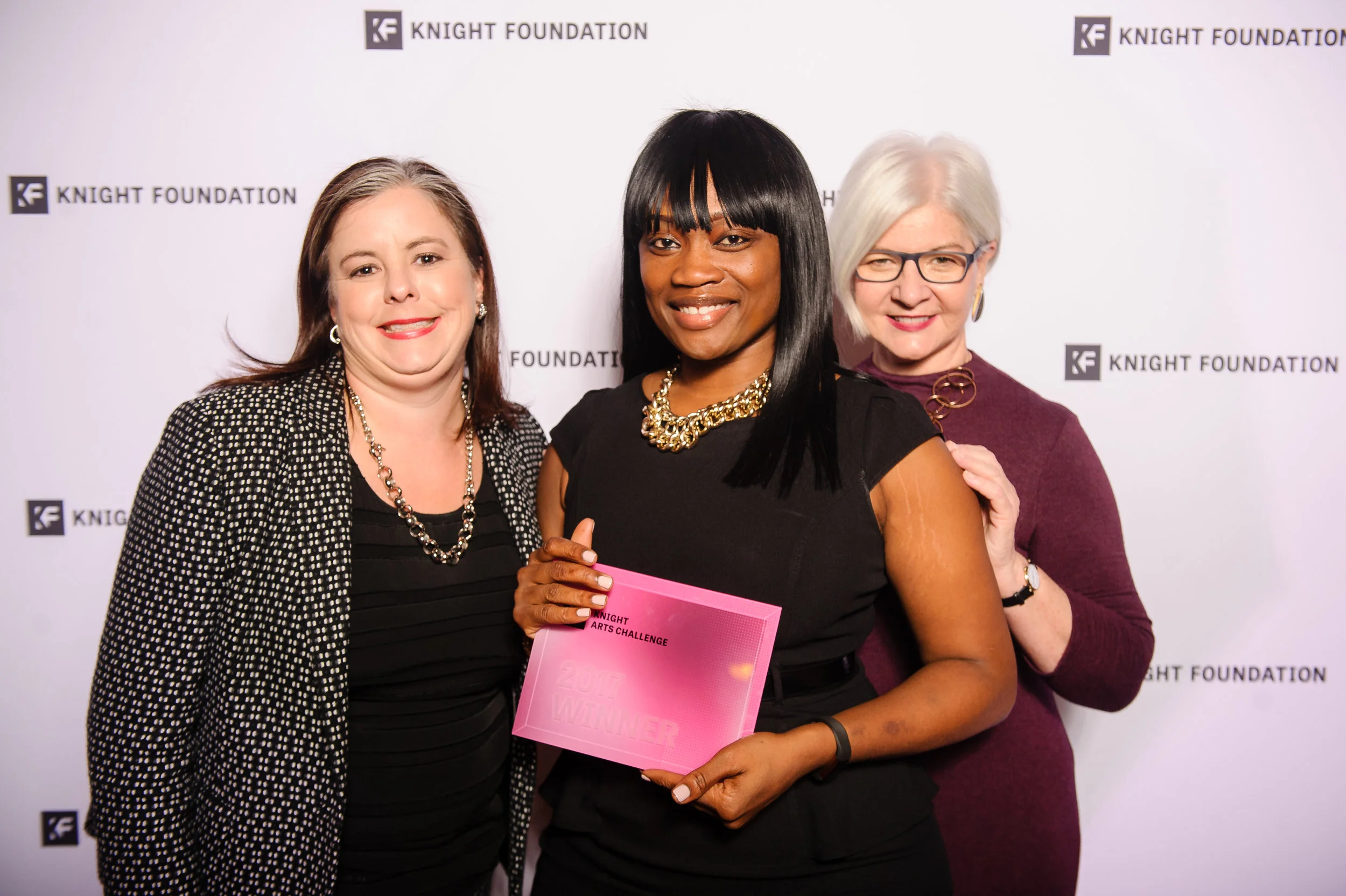Tiffany Brown
Growing up in Detroit’s inner city, I didn’t see much art or architecture of any kind. I attended school in what was considered a failing district. I didn’t have many professionals coming to my schools for things like career day.
I’ve recently realized I was indirectly exposed to something I would grow to love. I was good at drawing, art, math, and creative writing, which I would eventually learn are related to architecture. Against all odds, I managed to receive three college degrees, as well as become an adjunct professor in the college of architecture at my alma mater.
My journey toward architecture inspired me to make the road easier for girls following the same path I did. In August 2017, the 400th living African American woman became licensed (as of 2018,there are over 110,000 licensed architects in the United States). My goal is to seek out the next 400 women architects through 400 Forward.
Through this initiative, I can show girls in our inner cities they can accomplish anything, and that they can make needed change in our communities. I use my story as a tool of empowerment to create the next generation of women leaders in architecture. I aspire to be the face I was looking for growing up and look forward to using this initiative to shape the future of our profession while promoting social change.
Sybil Griffin, the woman who saw something special in me and gave me my first job in architecture, inspired me to make a difference in my profession. The work and research of Roberta Washington on black women in architecture is also a source of motivation. These women and many others encourage me teach the next generation to change our world for the better.
Tiffany works diligently to raise awareness on how planning and design makes a significant social impact in urban communities, and seeks to examine the influence of the built environment and its impacts on culture, behavior, and health. She is dedicated to rethinking architecture education for the traditionally underserved.

